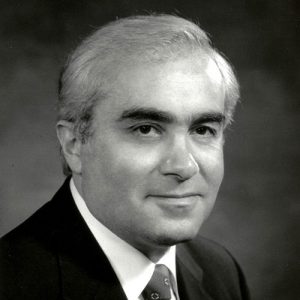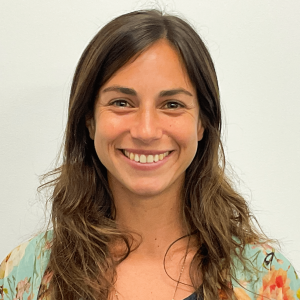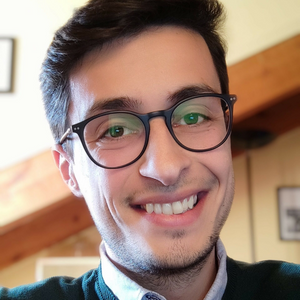Carlo J. DeLuca Award
The Carlo J. DeLuca Award recognizes outstanding early-career researchers who have contributed to technological advances in EMG acquisition and signal processing.

About Carlo J. DeLuca
Carlo J. DeLuca is widely recognized for introducing engineering principles to the field of Neurophysiology and more recently for combining principles of Motor Control with the fundamentals of Biomechanics. His research has made breakthroughs on the frontiers of neuromuscular control, signal processing, and electromyographic sensor technology. He authored 122 peer-reviewed articles, 21 book chapters, and 26 patents. His writings have been cited over 21,000 times. His body of work includes “Muscles Alive”, often referred to as the “bible of electromyography”. Prof. DeLuca made lasting contributions to ISEK. He assisted John Basmajian, his mentor, in setting up the initial structure of ISEK. He served twice as past president of ISEK (1988 and 1990) and organized the highly successful ISEK 1979 Congress in Boston. Under his presidency he established the Journal of Electromyography & Kinesiology and served as its Editor-in-Chief. Professor DeLuca believed strongly in providing opportunities for young investigators and trained more than forty M.S. and Ph.D. students. Many of these individuals are now leading researchers and engineers in the field.
DeLuca Award Nominations 2022
–CLOSED
ISEK is pleased to invite nominations for the novel Carlo J. De Luca Award. This honor recognizes outstanding early-career researchers who have contributed to technological advances in EMG acquisition and signal processing.
Qualifications
An individual who:
• Contributed to technological advances that have advanced EMG acquisition, signal processing, or fundamental understanding,
• Must have received PhD less than 8 years prior to the next ISEK Congress. Extensions will be considered for leave due to personal of family obligations that impede the career trajectory.
• Ideally is a member of ISEK, but not essential.
Nomination
We encourage members to recognize the current diversity in our field when making nominations. To nominate an individual or self-nominate, please submit the following:
• Nominations should include a brief description of the nominee’s most significant technical accomplishments (500 words or less),
• CV of the nominee.
Nominations are currently closed.
Nominations should be submitted via email to the Society at:
2022 Winners

Manuela Besomi
The University of Queensland
Manuela is a physiotherapist from Chile with clinical experience in the management and prevention of running-related injuries, and is passionate about (ultra)trail running. She completed her bachelor’s (Universidad del Desarrollo, UDD) and Clinical Epidemiology master’s degrees (Universidad de La Frontera) in Chile before moving to Australia to complete her PhD in Rehabilitation Sciences at The University of Queensland (UQ). Manuela currently works as a postdoctoral Research Fellow at UQ in the Pain and Motor Control Lab, and the NHMRC Centre of Clinical Research Excellence in Spinal Pain, Injury & Health. She is also an associated researcher at UDD (Chile). Manuela has significantly advanced the fundamental understanding of electromyography through her coordination of the Consensus in Experimental Design for Electromyography (CEDE) project. She has a particular interest in the neuromuscular and biomechanical mechanisms that underpin pathological conditions and pain, and rehabilitation strategies to optimize a sustainable and healthy running practice.

Marco Ghislieri
Politecnico di Torino
Marco Ghislieri received his Master’s Degree in Biomedical Engineering from the Politecnico di Torino, Turin, Italy, in 2016. He worked as a Researcher under grant from January 2017 to October 2017 at the Department of Electronics and Telecommunications of the Politecnico di Torino, Turin, Italy. In 2017 he began his Ph.D. in Bioengineering and Medical and Surgical Sciences at the Politecnico di Torino and obtained his Ph.D. degree in July 2021 with the thesis “Muscle Synergy Assessment during Cyclic and Non-Cyclic Movements: Methodological Issues and Application-oriented Studies”. He is mainly active in the field of biomedical signal processing, with a main focus on surface electromyographic signal analysis during cyclical movements in healthy and pathological conditions. He is also active in the field of neuro-engineering and, particularly, in motor control strategy assessment through the analysis of the muscle synergies.

Bryan Schlink
Battelle Memorial Institute
